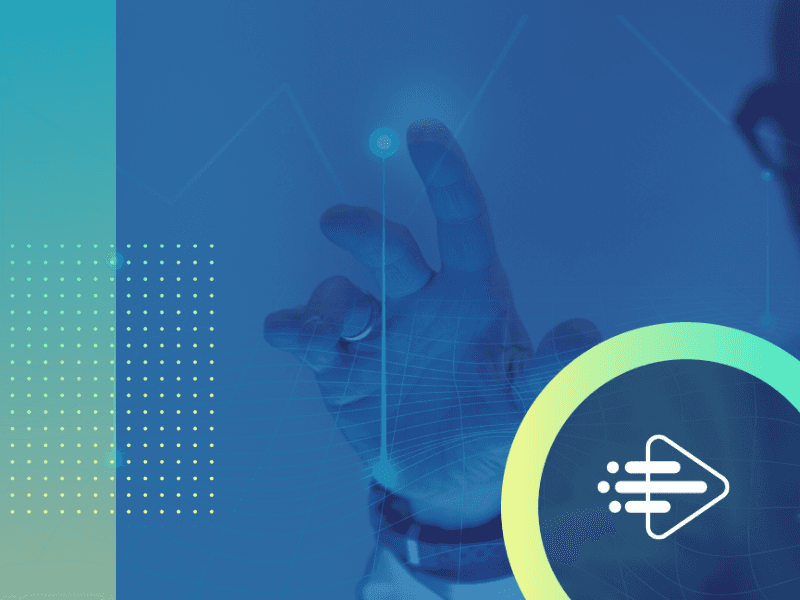Expires in:
WATCH ON-DEMAND
About the Show
We chat with former Apple and Nike data engineer Vino Duraisamy about the curious catalyst behind the data science explosion, her advice for those getting started, and how interdepartmental collaboration is the key to unlocking a company’s potential.
Top Insights
Aspiring data scientists should start with a foundation in SQL and Python and then tailor the rest of their skillset depending on the jobs they’re looking for.
Companies lack a structured and methodical approach to employee training, but Nike had effective collaboration sessions between their different data teams that helped spread best practices and enhance their collective knowledge.
You would never ship software to production without testing, but somehow in the data world, it’s acceptable? ETL & data quality testing is a big gap that data companies are not addressing.










